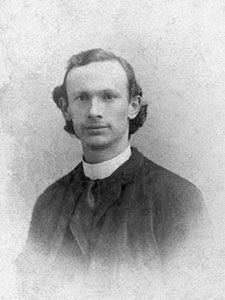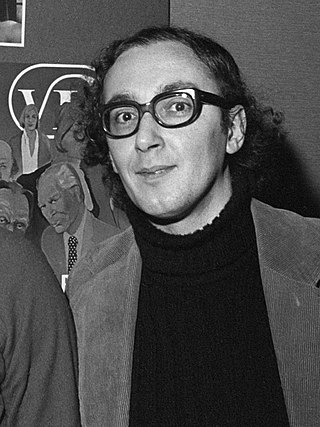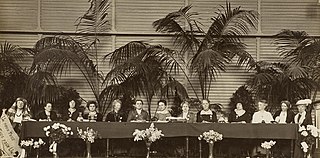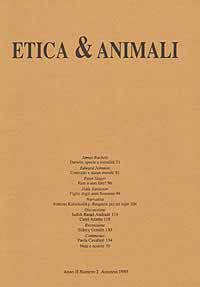Related Research Articles

The People's Party for Freedom and Democracy is a conservative-liberal political party in the Netherlands. The VVD, whose forerunner was the Freedom Party, is a party of the centre-right that tries to promote private enterprise and economic liberalism.

Il Messaggero is an Italian daily newspaper based in Rome, Italy. It has been in circulation since 1878. It is one of the main national newspapers in Italy.

Giles Scott-Smith is a Dutch-British academic. He is a professor of transnational relations and new diplomatic history at Leiden University and serves as the dean of Leiden University College The Hague.

Christiaan Gerardus Cornelissen (1864–1942) was a Dutch journalist and economist, and one of the leading figures of syndicalism in the Netherlands.

Urban Gothic is a sub-genre of Gothic fiction, film horror, and television dealing with industrial and post-industrial urban society. It was pioneered in the mid-19th century in Britain, Ireland, and the United States, before being developed in British novels such as Robert Louis Stevenson's Strange Case of Dr Jekyll and Mr Hyde (1886) and Irish novels such as Oscar Wilde's The Picture of Dorian Gray (1890) and Bram Stoker's Dracula (1897). In the twentieth century, urban Gothic influenced the creation of the sub-genres of Southern Gothic and suburban Gothic. From the 1980s, interest in the urban Gothic was revived with books like Anne Rice's Vampire Chronicles and a number of graphic novels that drew on dark city landscapes, leading to adaptations in film including Batman (1989), The Crow (1994) and From Hell (2001), as well as influencing films like Seven (1995).
Ultra is a Dutch post-punk movement that originated in Amsterdam in the early 1980s. The name "ultra" is a shortening of "ultramodernen". The movement had an avantgarde, experimental, and artistic aesthetic. Many of its participants were students in art schools. In contrast to other countries' post-punk movements, the Dutch experimented with, among other things, toy instruments, chainsaws and de-tuned guitars.

Convexity is a geometric property with a variety of applications in economics. Informally, an economic phenomenon is convex when "intermediates are better than extremes". For example, an economic agent with convex preferences prefers combinations of goods over having a lot of any one sort of good; this represents a kind of diminishing marginal utility of having more of the same good.

Wim Verstappen was a Dutch film director and producer, television director, and screenwriter.
The following is a timeline of the history of the municipality of Amsterdam, Netherlands.

Pim de la Parra was a Surinamese-Dutch film director.

Epoca was an illustrated weekly current events magazine published between 1950 and 1997 in Milan, Italy. It was one of the leading magazines during its run.

Women at the Hague was an International Congress of Women conference held at The Hague, Netherlands in April 1915. It had over 1,100 delegates and it established an International Committee of Women for Permanent Peace (ICWPP) with Jane Addams as president. It led to the creation of the Women's International League for Peace and Freedom (WILPF).

Bertha "Betsy" Bakker-Nort was a Dutch lawyer and politician who served as a member of the House of Representatives for the Free-thinking Democratic League (VDB) from 1922 to 1942.

Etica & Animali was an academic journal of philosophy published quarterly from 1988 to 1998, covering animal ethics. It was established and edited by the Italian philosopher Paola Cavalieri.
Yeni Dergi was a monthly cultural magazine which was published in Istanbul, Turkey, between 1964 and 1975. The magazine featured both translations and original texts from different fields.
Joyce Outshoorn is a professor emeritus of Leiden University. She served as head of the Women's Studies Department from 1987 to 1999. Simultaneously between 1992 and 2000, she was chair of the Netherlands Research School of Women's Studies. From 2007 to 2011, she served on the Steering Committee of the Feminism and Citizenship project (FEMCIT) funded the European Union. She was honored with the Career Achievement Award for 2009 by the European Consortium for Political Research.
Cinémonde was a weekly popular film magazine which existed between 1928 and 1971 with six-year interruption due to its ban during the Nazi occupation of France. It was one of the best-selling magazines in its category particularly in the 1950s.
Lo Stato was a monthly political and finance magazine which existed in the Fascist Italy between 1930 and 1943. Its subtitle was Rivista di scienze politiche e giuridiche.
Pour Vous was a weekly film magazine which existed between 1928 and 1940 in Paris, France. During its lifetime it was one of the most read film magazines in the country.
Yeditepe was a literary magazine which was published in Istanbul, Turkey, from 1950 to 1984 with a five-year interruption. Its title was a reference to both Istanbul and seven arts or traditional subdivision of the arts. It was one of the opposition media outlets in the 1950s and also, an influential literary magazine during its run.
References
- ↑ Thomas van den Berg; et al. (2015). "Netherlands". In Jill Nelmes; Jule Selbo (eds.). Women Screenwriters. An International Guide. London: Palgrave Macmillan. p. 495. doi:10.1057/9781137312372_34. ISBN 978-1-137-31237-2.
- 1 2 3 4 5 6 "Skoop and Skrien: A New Wind". eyefilm.nl. 19 April 2017. Retrieved 20 September 2023.
- ↑ "Skoop: tweemaandelijks filmblad". WorldCat . Retrieved 20 September 2023.
- 1 2 3 4 Thunnis van Oort (2020). "Mapping the Dutch Film Magazine Market, 1920–1960". In Daniel Biltereyst; Lies Van de Vijver (eds.). Mapping Movie Magazines Digitization, Periodicals and Cinema History. Global Cinema. Cham: Palgrave Macmillan. pp. 184, 191, 197. doi:10.1007/978-3-030-33277-8_9. ISBN 978-3-030-33277-8. S2CID 216482903.
- ↑ Dorothee Verdaasdonk (2005). "Moviegoing Frequency Among Dutch Consumers: Interaction Between Audiences and Market Factors". International Journal of Arts Management. 7 (2): 57. JSTOR 41064842.